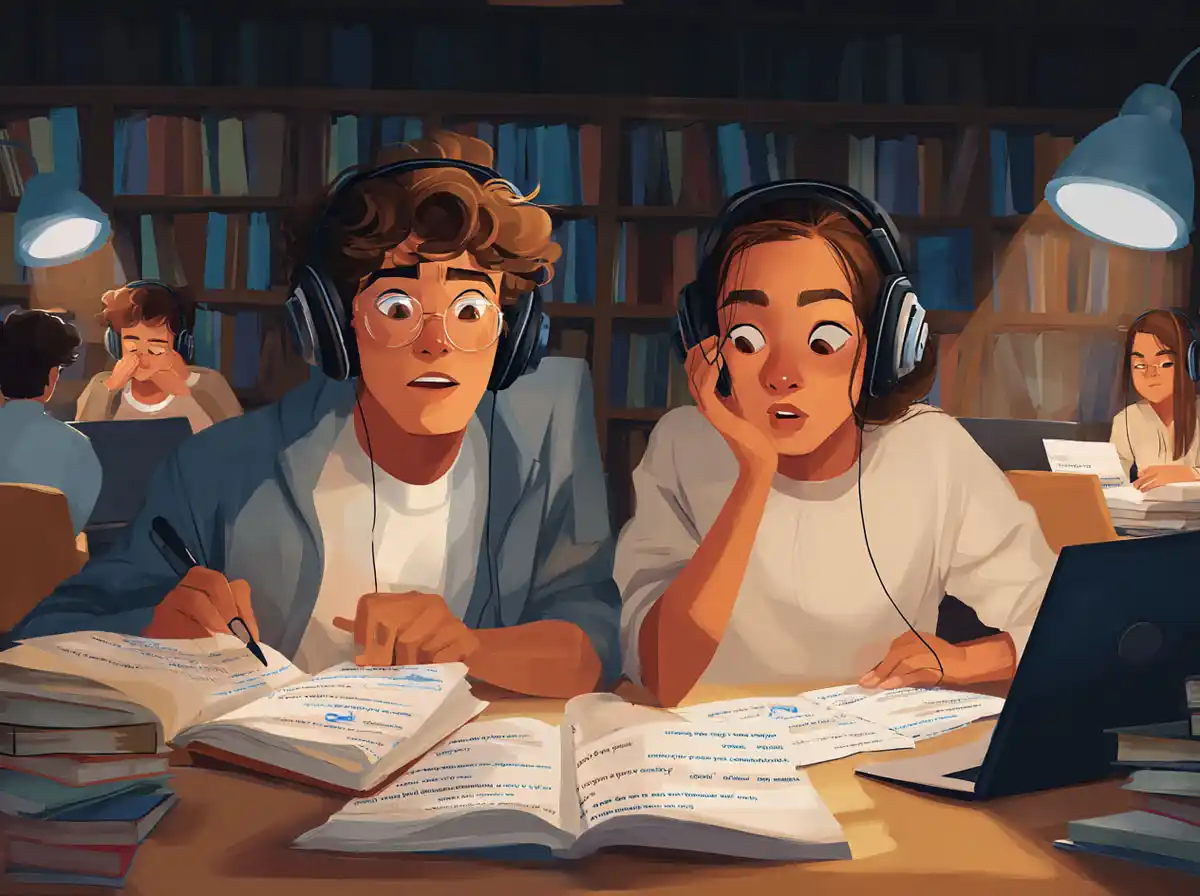Vera – To Be
The verb vera is the Icelandic equivalent of the English verb “to be.” It is an irregular verb, just like in English, and is used in various contexts to indicate a state of being, existence, identity, and more.
Vera – to be
Ég er nemandi.
I am a student.
Conjugation of Vera
Vera is an irregular verb, so its conjugation must be memorized. Here is the present tense conjugation:
– Ég er (I am)
– Þú ert (You are)
– Hann/hún/það er (He/she/it is)
– Við erum (We are)
– Þið eruð (You all are)
– Þeir/þær/þau eru (They are)
Er – is/am/are (present tense of vera)
Hann er læknir.
He is a doctor.
Past Tense of Vera
The past tense of vera is also irregular:
– Ég var (I was)
– Þú varst (You were)
– Hann/hún/það var (He/she/it was)
– Við vorum (We were)
– Þið voruð (You all were)
– Þeir/þær/þau voru (They were)
Var – was/were (past tense of vera)
Við vorum í Reykjavík í gær.
We were in Reykjavik yesterday.
Future Tense of Vera
To form the future tense, Icelandic often uses the verb munu (will) plus the infinitive form of vera.
Munu – will (auxiliary verb for future tense)
Ég mun vera heima á morgun.
I will be home tomorrow.
Verða – To Become
The verb verða in Icelandic translates to “to become” in English. It is used to indicate a change of state or condition. Like vera, verða is also irregular and essential for expressing transformations.
Verða – to become
Hún varð læknir.
She became a doctor.
Conjugation of Verða
Here is the present tense conjugation of verða:
– Ég verð (I become)
– Þú verður (You become)
– Hann/hún/það verður (He/she/it becomes)
– Við verðum (We become)
– Þið verðið (You all become)
– Þeir/þær/þau verða (They become)
Verð – become (present tense of verða)
Ég verð þreyttur eftir vinnu.
I become tired after work.
Past Tense of Verða
The past tense conjugation of verða is as follows:
– Ég varð (I became)
– Þú varðst (You became)
– Hann/hún/það varð (He/she/it became)
– Við urðum (We became)
– Þið urðuð (You all became)
– Þeir/þær/þau urðu (They became)
Urðum – became (past tense of verða for “we”)
Við urðum vinir.
We became friends.
Future Tense of Verða
To form the future tense, Icelandic uses the verb munu (will) plus the infinitive form of verða.
Ég mun verða ríkur.
I will become rich.
Common Expressions and Phrases
Understanding vera and verða in isolation is one thing, but knowing how to use them in common phrases and expressions is equally important.
Það er – there is/there are
Það er köttur á þakinu.
There is a cat on the roof.
Það verður – it will become/there will be
Það verður partí í kvöld.
There will be a party tonight.
Hann er að verða – he is becoming
Hann er að verða veikur.
He is becoming sick.
Ég verð að fara – I have to go
Ég verð að fara núna.
I have to go now.
Usage in Different Tenses
Present Tense
In the present tense, vera is used to describe a current state or condition:
Ég er heima – I am home
Ég er heima.
I am home.
In contrast, verða in the present tense indicates a change that is happening:
Hann verður reiður – He is becoming angry
Hann verður reiður.
He is becoming angry.
Past Tense
In the past tense, vera describes a state or condition that was true at a previous time:
Við vorum í skólanum – We were at school
Við vorum í skólanum.
We were at school.
Verða in the past tense indicates a change that occurred:
Þau urðu vinir – They became friends
Þau urðu vinir.
They became friends.
Future Tense
For future tense, vera often uses the auxiliary munu:
Ég mun vera þarna – I will be there
Ég mun vera þarna.
I will be there.
Similarly, verða in the future tense also uses munu:
Það mun verða kalt – It will become cold
Það mun verða kalt.
It will become cold.
Subtle Differences and Common Mistakes
A common pitfall for English speakers learning Icelandic is mixing up vera and verða. Remember, vera is about being in a state, while verða is about changing into a state.
Ég er vs. Ég verð
Ég er hamingjusamur.
I am happy.
Ég verð hamingjusamur.
I will become happy.
In the first sentence, the speaker is currently happy. In the second, the speaker is not yet happy but will become so.
Þú ert vs. Þú verður
Þú ert falleg.
You are beautiful.
Þú verður falleg.
You will become beautiful.
Again, the first sentence states a current condition, while the second indicates a change to come.
Conclusion
Mastering the distinction between vera and verða is crucial for anyone aiming to become proficient in Icelandic. While both verbs can be translated to “to be” and “to become,” their usage in Icelandic is distinct and context-dependent. By understanding their conjugations, applications in different tenses, and common phrases, you can avoid common mistakes and communicate more effectively.
Keep practicing these verbs in different contexts and pay attention to their nuances. With time and practice, you’ll find that using vera and verða becomes second nature. Happy learning!










